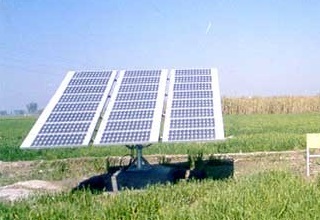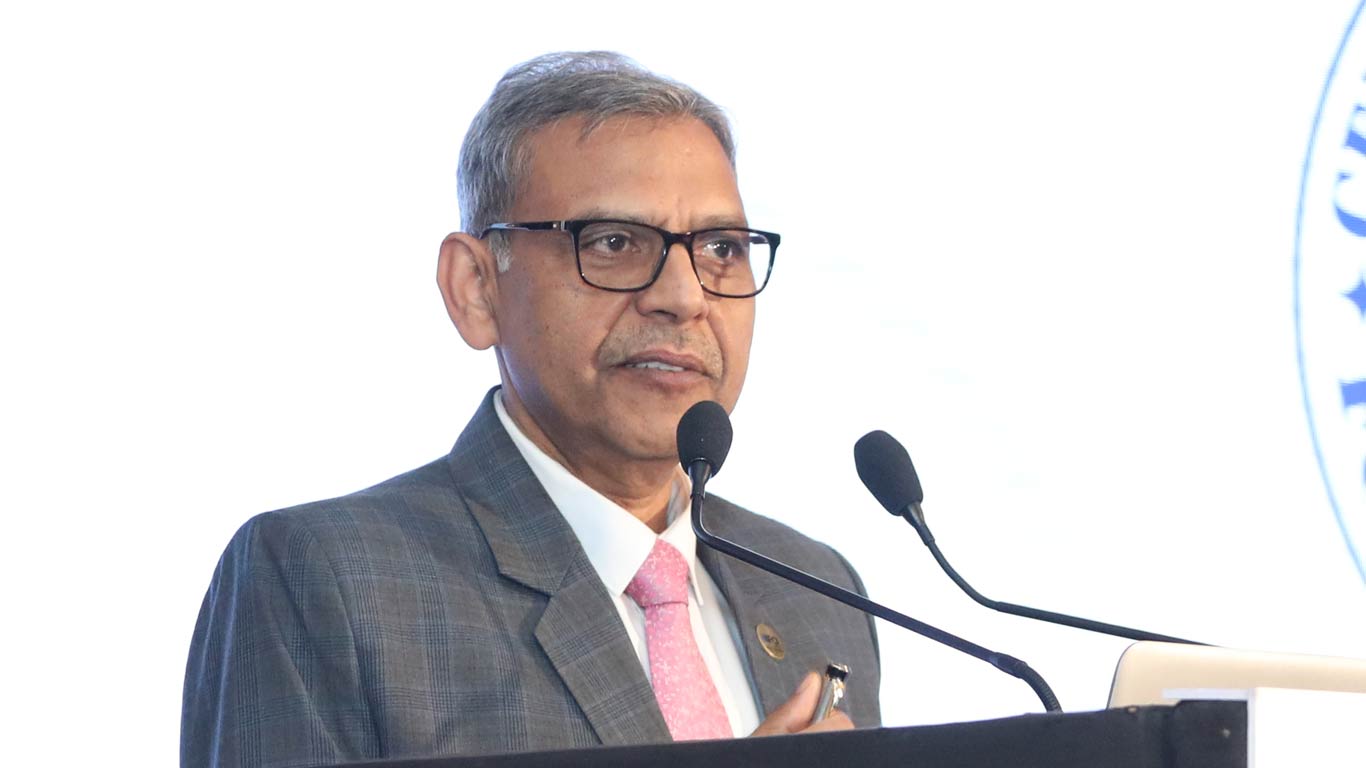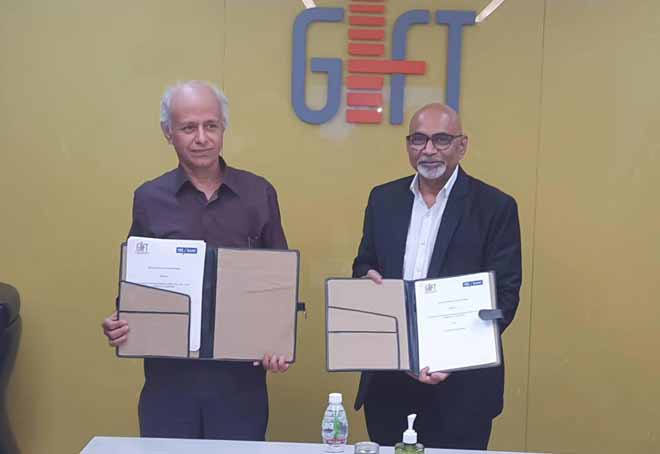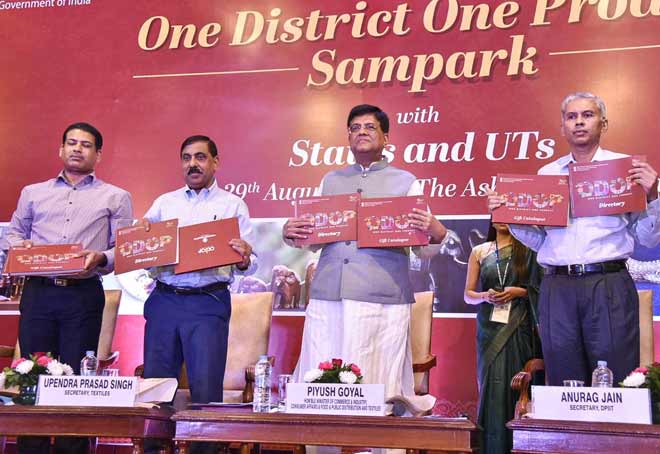Energy from biomass, civic waste catching up
Updated: Apr 22, 2014 05:42:54pm

However, producing energy from renewable sources like biomass and waste remains a tall order in the wake of high costs of generation.
The importance of alternative sources of energy cannot be over emphasised. Not only are fossil fuels limited, burning of fossil fuel produces harmful greenhouse gases. It is believed that increase in greenhouse gases is the major cause of global warming. Further, rapid changes in temperature will have extreme effects on ecosystems and natural processes such as wind patterns.
Renewable energy is derived from various natural processes, such as the Sun's electromagnetic radiation, tides or heat generation within the Earth. Currently utilised alternative energy sources are Sunlight (the solar photon flux can be converted to heat, electricity or chemical energy); Wind (the motion of air molecules can be harvested in wind turbines that spin the shaft of electric generators or in windmills); Biomass (organic materials can be used for cooking and heating, as well as to produce electricity and liquid transportation fuels); Earth’s internal heat (can be used for heating and electricity production); and Water (potential and kinetic energy of flowing water can be tapped to produce electricity or mechanical tasks)
Needless to say, there is some controversy about classification of nuclear power and therefore it is usually excluded from the list of renewables.
Each of the sources of renewable energy (RE) has advantages and disadvantages, although it is common knowledge that it is inexhaustible and environmentally friendly. In addition small power generators can be integrated into a grid and reduce the impact of power failures caused by centralized systems.
However, renewable resources are not always available where and when they are needed. Some are limited by geography, intermittent by nature and are often located in remote areas. Further they are expensive to install.
Harnessing these for electricity depends on the cost and efficiency of the technology, which is constantly improving, thus reducing costs per peak kilowatt.
The Punjab Energy Development Agency (PEDA) today announced big plans to set bio-mass energy projects in the state in order to encourage use of green energy.
PEDA is the state nodal agency for the promotion and development of new and renewable energy power projects in the State of Punjab.
Punjab is predominantly rich in agriculture and contributes the major share to the grain basket of India. It has surplus production of major crops. It produces 25 per cent of country's cotton, 22 per cent of wheat and 55 per cent of rice, even though it has only 1.5 per cent of total country cultivable area.
The State has been meeting its electrical power requirements primarily through conventional thermal and hydro power generation. While hydro power generation has a tendency to fluctuate depending on the availability of water; thermal power generation has to depend on coal which has to be transported from eastern part of India involving large distances. Further, the cost of generation from coal continuous to escalate; and moreover it is polluting.
Biomass Power project has inherent advantages over thermal power generation because it is environmentally friendly because of relatively lower CO2 and particulate emissions. It also displaces fossil fuels such as coal.
Meanwhile, Kochi Municipal Corporation is planning to set up a waste to energy plant to cater to the city and adjoining areas using thermal technologies in gasification or pyrolysis or its advanced variants.
The plant is expected to come up on a five acre plot at Brahmapuram, belonging to the Kochi Corporation for which the spade work has already been done.
The plant when in operation would require around 300 tonnes of waste a day for generating power; and it would be the responsibility of the local authorities to provide the required raw material which is municipal waste, for the plant. (KNN/ES)











